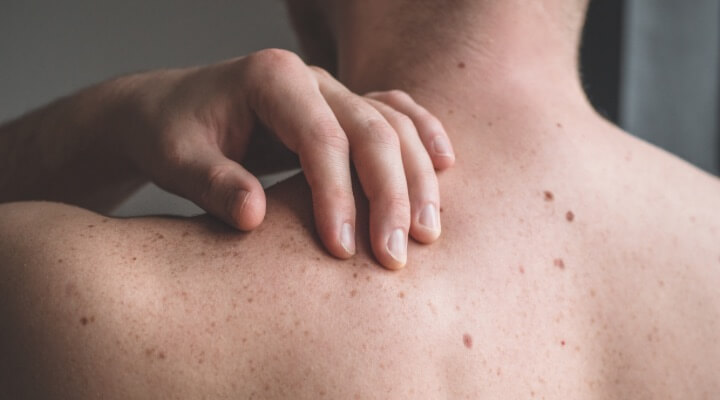What You Should Know About Skin Cancer
Learn More About Skin Cancer
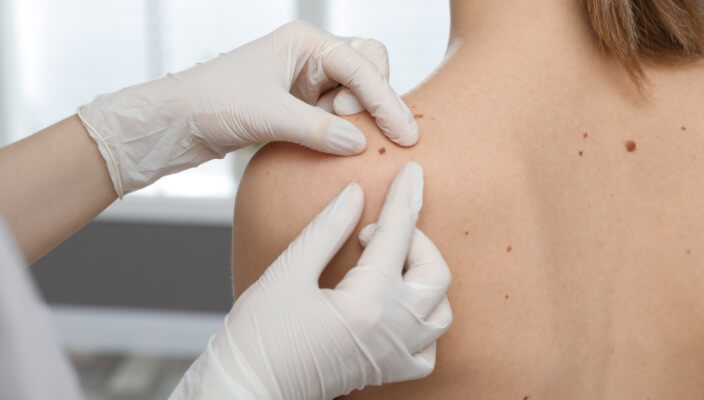 Have you noticed a new spot pop up on your skin or a mole that has changed a little bit over time? Though many individuals have spots, moles, and patches of skin that may look completely harmless, skin cancer can often be sneaky and show up in ways you may not expect.
Have you noticed a new spot pop up on your skin or a mole that has changed a little bit over time? Though many individuals have spots, moles, and patches of skin that may look completely harmless, skin cancer can often be sneaky and show up in ways you may not expect. Therefore, it is extremely important to learn as much as you can about this dangerous skin condition. To help you get a better understanding, we’re covering important skin cancer stats, the most common types of skin cancer, and little-known skin cancer warning signs you need to know.
Important Skin Cancer Stats
There are a few important skin cancer stats you should know to better comprehend the seriousness of this condition and how it can impact your health and wellbeing.
- One in five Americans will develop skin cancer by the age of seventy.
- More people are diagnosed with skin cancer each year in the United States than all other cancers combined.
- More than two people die of skin cancer in the U.S. every hour.
- About ninety percent of nonmelanoma skin cancers (e.g. basal and squamous cell carcinoma) are associated with exposure to ultraviolet (UV) radiation from the sun.
- The majority of melanomas are caused by excessive sun exposure.
- Only twenty to thirty percent of melanomas are found in existing moles, while seventy to eighty percent show up on normal-looking skin.
- Ultraviolet radiation (e.g. indoor tanning beds) is a proven human carcinogen.
- More people develop skin cancer because of indoor tanning than develop lung cancer because of smoking.
Most Common Types of Skin Cancer
While there are several different types of skin cancer, the top three most common types make up the majority of new skin cancer cases.
BASAL CELL CARCINOMA
Did you know that basal cell carcinoma (BCC) is the most common form of skin cancer with an estimated 3.6 million cases diagnosed in the United States each year? In fact, the number of BCC cases has steadily increased over the years, with more and more individuals getting this common type of skin cancer.
It occurs when the basal cells, found in the bottom layer of the epidermis (top layer of skin), become mutated and begin to grow out of control.
SQUAMOUS CELL CARCINOMA
With an estimated 1.8 million cases diagnosed each year, which translates to around 205 cases diagnosed every hour, squamous cell carcinoma is the second most common skin cancer in the United States.
Squamous cell carcinoma is characterized by the abnormal, accelerated growth of squamous cells, which are flat cells located near the surface of the skin in the epidermis.
MELANOMA SKIN CANCER
Arguably the most dangerous skin cancer, due to its increased risk of rapidly spreading to other parts of the body when left untreated, melanoma skin cancer begins in cells called the melanocytes. These cells are found in the upper layer of skin, and when exposed to UV rays, they can become damaged and start to grow uncontrollably.
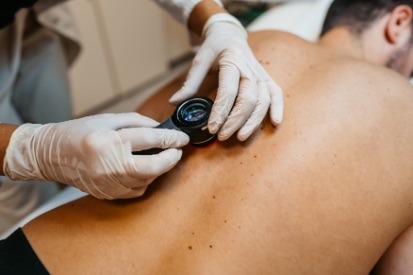
Skin Cancer Screenings at The Dermatology & Skin Surgery Center of Wilmington
Ready to schedule your skin cancer screening? These are essential for catching and detecting skin cancer early, which is crucial for effective skin cancer treatment.
Featured Sunscreens
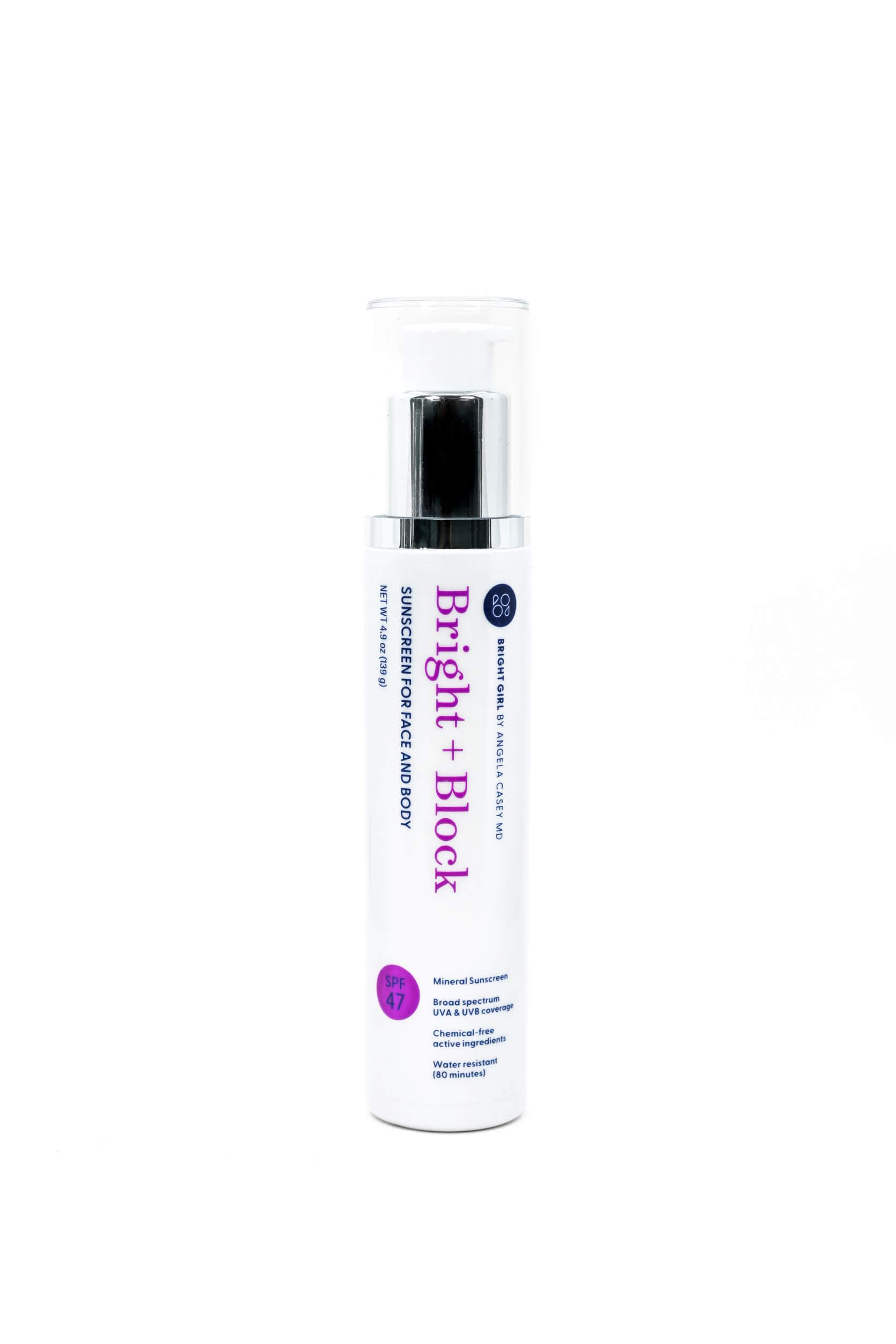
Bright+Block SPF 47 Mineral Sunscreen for Face and Body
Bright+Block SPF 47 mineral sunblock provides broad-spectrum UVA & UVB coverage through chemical-free active ingredients: Zinc oxide and Titanium Dioxide. This formulation goes on white to ensure complete coverage yet disappears completely, protecting skin from the sun’s damaging rays. Lightweight and water-resistant (80 minutes), this sunscreen works beautifully for all skin types. 4.9 OZ (139 G)
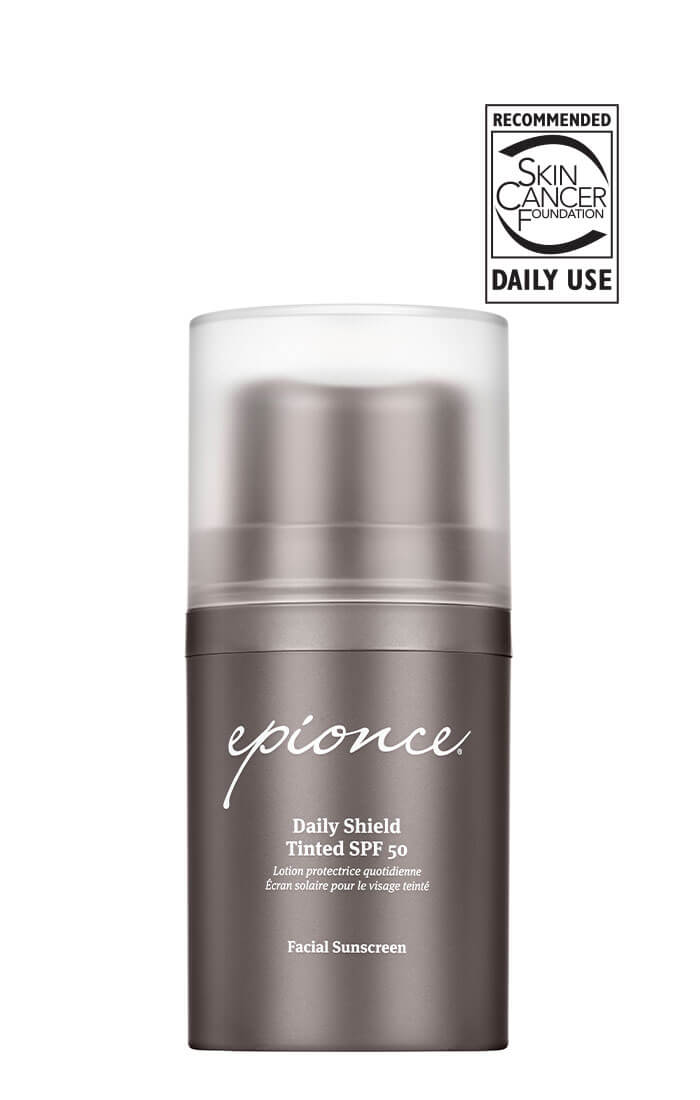
Epionce Daily Shield Tinted SPF 50 Sunscreen
The cosmetically elegant Epionce Daily Shield Tinted SPF 50 sunscreen provides broad spectrum protection that evens out skin tone while imparting a natural-looking healthy glow. Perfect for all skin types — even sensitive skin.
Related Blogs
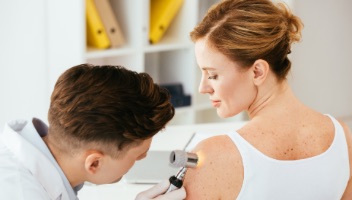
- Skin Cancer
- General Dermatology
- Skin Exams
Read The Dermatology & Skin Surgery Center of Wilmington’s helpful basal cell carcinoma guide to learn what this skin cancer is, where it begins, how it shows up on the skin, risk factors, and how we treat basal cell carcinoma in Wilmington.
Read More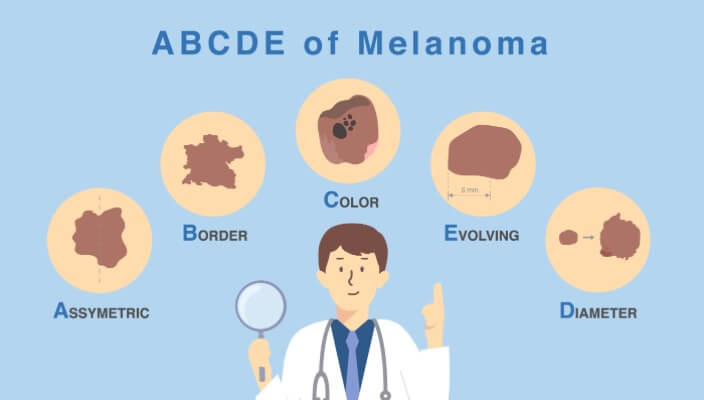
- Skin Cancer
- Skin Exams
With skin cancer cases rising year after year, it’s no surprise that people are itching to learn more about this life-threatening skin disease
Read More
- Skin Cancer
- General Dermatology
- Skin Exams
- Sun Safety
If your dermatologist finds a suspicious mole during your TBSE, they want to perform a skin biopsy.
Read More
